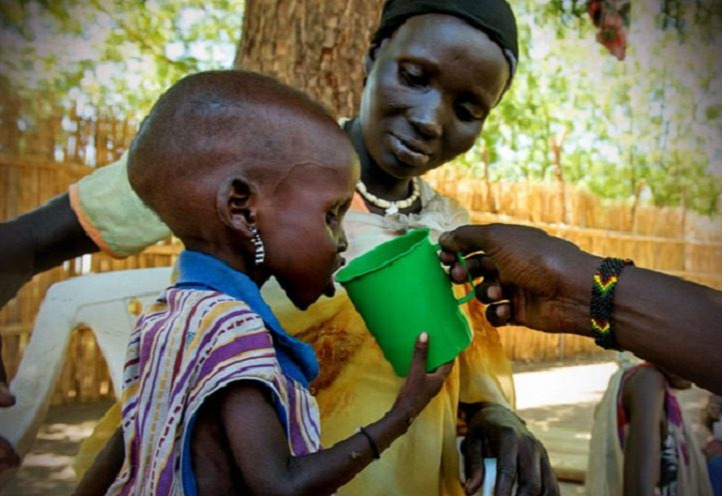
More than 30 percent of Sudan’s people are currently facing a food crisis because of the compounding affects of climate shocks, political turmoil, and rising global food prices.
Khartoum, June 17 (RHC)-- More than 30 percent of Sudan’s people are currently facing a food crisis because of the compounding affects of climate shocks, political turmoil, and rising global food prices.
A joint report by the United Nation’s World Food Programme (WFP) and the Food and Agriculture Organization said 15 million people face acute food insecurity across all of the East African country’s 18 provinces.
Acute food insecurity is defined as occurring “when a person’s inability to consume adequate food puts their lives or livelihoods in immediate danger.”
“The combined effects of conflict, climate shocks, economic and political crises, rising costs and poor harvests are pushing millions of people deeper into hunger and poverty,” said Eddie Rowe, WFP’s representative in Sudan.
Living conditions rapidly deteriorated across cash-strapped Sudan since an October military coup sent an already fragile economy into free-fall, with the Russian invasion of Ukraine compounding the economic pain.
WFP warned food insecurity among people “may dramatically increase to unprecedented levels and ultimately lead to more conflict and displacement” unless Sudan receives robust support with agriculture inputs.
Funding levels fall short of meeting humanitarian needs in Sudan, where 40 percent of the population is expected to slip into food insecurity by September, the report said.
“We must act now to avoid increasing hunger levels and to save the lives of those already affected,” Rowe said.
In a separate statement, Plan International, Save the Children, UNICEF, and World Vision warned three million Sudanese children under the age of five suffer from acute malnutrition, and about 375,000 could die this year without treatment.
The October 25 military takeover upended Sudan’s transition to democratic rule after three decades of repression and international isolation under President Omar al-Bashir. Sudan has been on a fragile path to democracy since a popular uprising forced the military to remove al-Bashir and his government in April 2019.

